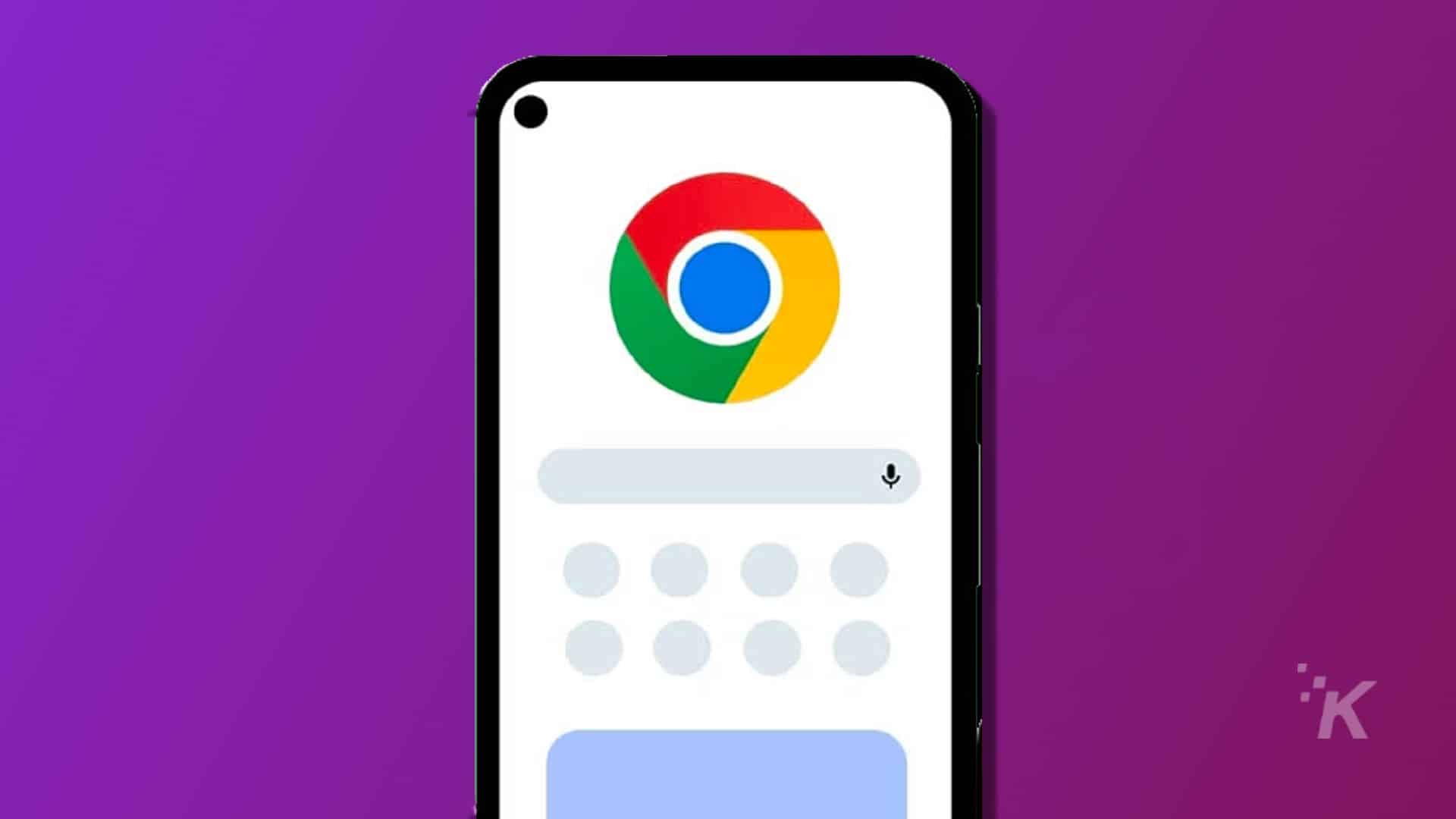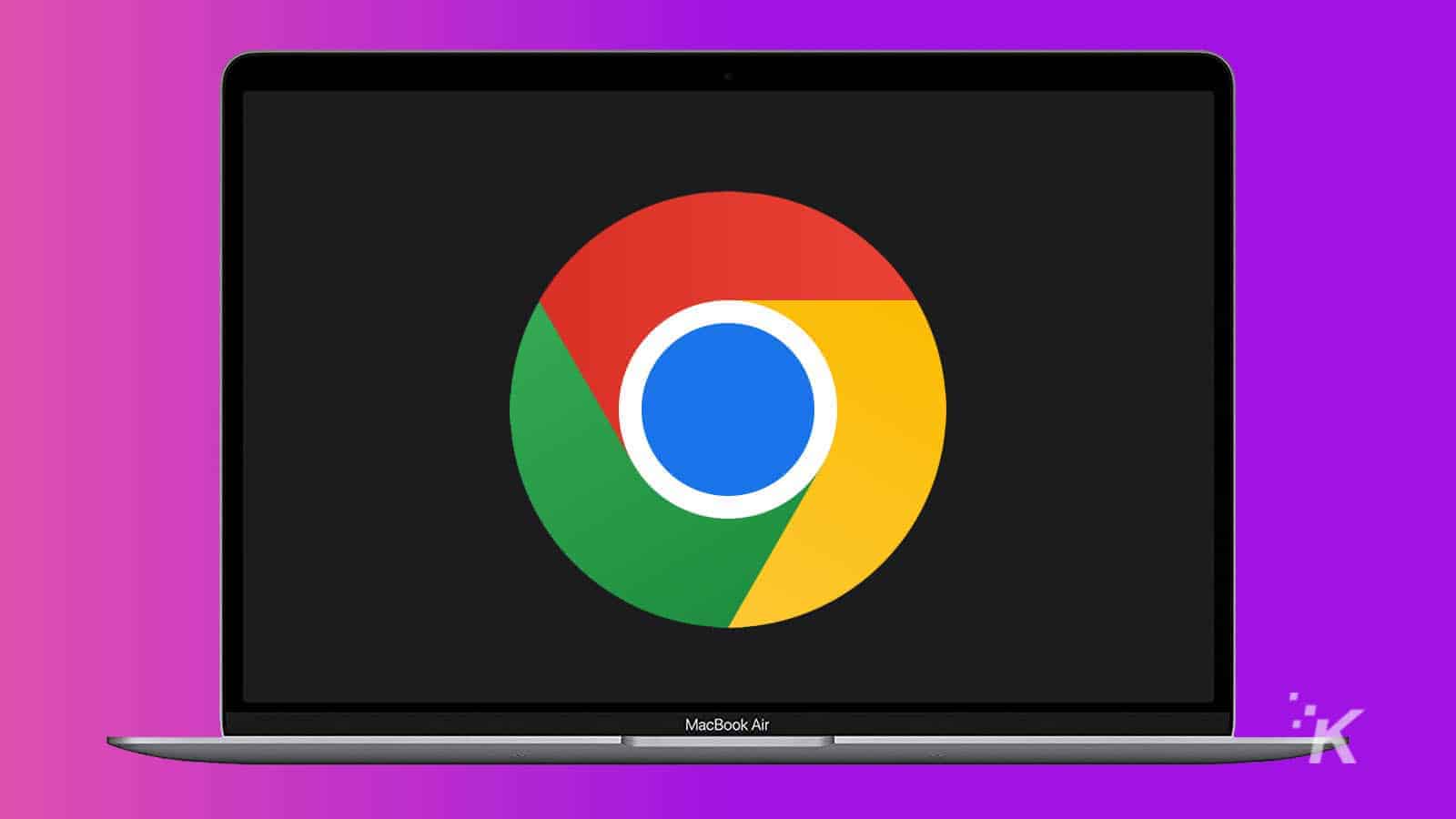Google to settle Chrome Incognito Mode lawsuit — will you get paid?
The lawsuit was over how the Chrome browser handles data in Incognito mode.

Just a heads up, if you buy something through our links, we may get a small share of the sale. It’s one of the ways we keep the lights on here. Click here for more.
Google has agreed to settle a class action lawsuit that alleged the company impermissibly collected Internet activity data from users of its Google Chrome browser, while in Incognito Mode.
The lawsuit was filed back in 2020 by three Internet users — a resident of Florida and two residents of California — who argued that Google continues to collect information from users when they switch into Chrome’s Incognito mode.
In support-related materials published by Google, the tech giant claims that Incognito mode allows users to “browse the web privately” in a way that doesn’t allow Chrome to retain certain information, like browsing history and cookies.
But the three plaintiffs in the case said certain Google services, like Google Analytics and Google Ad Manager, still transmitted some data directly to Google about the types of websites Chrome users visited and how they interacted with them.
This led to the massive lawsuit against Google, which has now been settled outside court. For now, we don’t know all the implications and the possible payout, but that will likely become public come January 2024.
$5 billion lawsuit against Google settled outside court
The plaintiffs alleged Google violated various federal wiretapping laws by collecting data from users who opted for Incognito mode. They sought at least $5 billion in restitution from Google on behalf of Chrome users.
Google tried to have the lawsuit thrown out of court in 2021, but a judge ruled against them after determining the company “did not notify users that Google engages in the alleged data collection while the user is in a private browsing mode.”
Still, Google held firm. A spokesperson told financial news outlet Bloomberg that the company “strongly dispute these claims, and we will defend ourselves vigorously against them.” The spokesperson said,
“Incognito mode in Chrome gives you the choice to browse the Internet without your activity being saved to your browser or device. As we clearly state each time you open a new Incognito tab, websites might be able to collect information about your browsing activity during your session.”
Now, nearly three years later, Google has decided to settle the case. In a court filing published this week, Google said it reached a “binding term sheet,” or firm commitment, that resolves the issues at the center of the lawsuit.
The agreement still requires the approval of a federal court judge that is overseeing the case, but courts typically green-light settlements like this, particularly where there are no objections from either side.
What a lawsuit could have meant for Google and other developers
![A person is customizing the appearance of their Google Chrome browser by selecting a theme and bookmarking Gmail and Google images. Full Text: New tab x + V - × G ... Search Google or type a URL * Bookmark Gmail Images Customize Chrome × Appearance Google Roof Access Q Search Google or type a URL [] Change theme +](https://knowtechie.com/wp-content/uploads/2023/05/google-chrome-customization-1600x900.jpg)
Google Chrome is the most-widely used web browser in the United States, with six out of 10 devices running some version of the software.
In addition to being the default web browser on most phones and tablets running Android, Google Chrome is extremely popular on desktops and laptops with Windows and MacOS, and a version of Google Chrome is also available for those who prefer Linux.
Being one of the most-popular browsers comes with several advantages: The company behind the number one web browser essentially gets to dictate how certain levers of the Internet are pulled.
Chances are, you’ve encountered a website that incorporates a mixture of Google Analytics, Google Ad Manager, Google Fonts, Google Amp or some combination of the four — or maybe all four.
When you want your website to work for the most people, you build around the browser people tend to use the most — and Google Chrome is it.
Google Chrome also helps set industry trends and standards. It may not have been the first browser to offer extensions (Internet Explorer did it in 1999) or private browsing (Safari did it in 2005) or any of the other features we take for granted (like autofilled password fields).

However, it arguably improves upon those features, and other browsers tend to franchise those improvements.
But no one wants to own the most-popular anything when it comes to litigation. In this instance, a class action lawsuit would have counted anyone and everyone who ever used Google Chrome’s Incognito feature to browse the web between mid-2016 and early 2020.
The plaintiffs sought $5,000 from Google for every user who was allegedly duped into thinking that Incognito mode didn’t collect or transmit any web-related data to Google.
That number quickly adds up when counting the tens of millions of Google Chrome users in the United States — and that is how the plaintiffs came up with their $5 billion demand that was presented to the court.
Beyond requiring Google to open up its checkbook, the lawsuit could have been devastating to other tech companies that offer up similar features to Chrome’s Incognito browser.
Chrome aside, the next four most-popular web browsers in the United States are Safari, Microsoft Edge (a fork of the Chromium browser, which powers Google Chrome), Mozilla’s Firefox and Opera, each of which has its own private browsing mode that functions similar to Incognito.
An unfavorable outcome for Google in its class action lawsuit could have invited similar lawsuits against those and other developers that offer web browsers with private modes.
Technically, the outcome of this lawsuit doesn’t legally prevent similar class action cases from being launched. But, it seems highly unlikely that any plaintiff or law firm will rush to the courthouse to file one, since the lawsuit against Google was ultimately settled.
What does the settlement mean for Google and Chrome users?

The outcome of this particular class action lawsuit is something of a mystery: The case was settled behind closed doors and through a mediator, which means a lot of what was discussed between the two sides will remain private.
Had the case proceeded to trial, the plaintiffs would have been entitled to certain records related to the development and marketing of Google Chrome and its Incognito feature.
Those records could have included internal developer notes, logs of various bugs, e-mails between Google employees and marketing materials related to Chrome and Incognito mode.
They could also include the precise number of people who installed Chrome and turned on that feature — if any of that materials was actually available. At least, in this case, the public will not know, because the case was settled.
The terms of the settlement are also unknown at this time. Neither Google nor the plaintiffs in the case offered details of the settlement, including whether Google will agree to pay out anything or change how it promotes Chrome’s Incognito feature to users.
The last time Google agreed to settle a consumer-driven class action lawsuit (it happened just a few weeks ago), the outcome was a $2 credit for Play Store purchases.
The plaintiffs in the case and Google are expected to notify the court about the terms of the settlement by late January 2024, at which point it will become a matter of public record.
That is, unless both sides agree to keep the settlement confidential (which seems unlikely to happen). The judge overseeing the case is expected to approve the settlement in February.
Have any thoughts on this? Drop us a line below in the comments, or carry the discussion to our Twitter or Facebook.
Editors’ Recommendations:
- Is Google Chrome’s Incognito Mode really as private as you think?
- How reliable is ChatGPT’s incognito mode?
- Chrome for Android adds biometric locks for Incognito tabs
- Ghost without guilt: Instagram’s forthcoming incognito mode






























